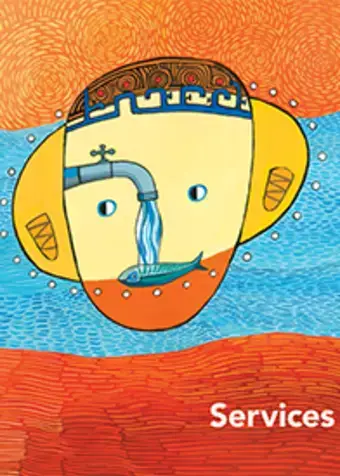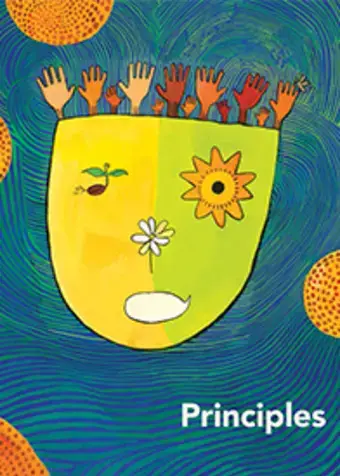New York 6th October 2015 — On the sidelines of the historic United Nations summit for the adoption of the post-2015 development agenda, UN-Habitat and the International Road Transport Union signed a Memorandum of Understanding.
2015 — On the sidelines of the historic United Nations summit for the adoption of the post-2015 development agenda, UN-Habitat and the International Road Transport Union signed a Memorandum of Understanding.
Rwanda to adopt a new water tariff designed with UN-Habitat's help
Nairobi 25 August 2015—Starting 1 September, Rwanda introduced a new urban water supply tariff which was designed with the help of UN-Habitat. The new tariff has been designed to move the utility towards full cost recovery. In line with the pro-poor policy of the UN-Habitat and the water policy of Rwanda, the tariff is structured to protect the urban poor from paying unaffordable prices.
New dawn for pupils of two Kenyan schools as WASH project is completed
Kakamega, Kenya, 20 July 2015—It was dawn of a new era for pupils of Matete Primary School in Western Kenya after UN-Habitat in partnership with the Royal Kingdom of Thailand together with the County Government of Kakamega handed over the just completed Water, Sanitation and Hygiene “WASH” facilities to the institution last week.
The “WASH” project is benefiting over 1,000 pupils in both in Matete Primary and Renja Primary schools. The project was established to accomplish the following objectives:
Two South Sudan counties benefit from UN-Habitat water project
 Juba 9 December 2014 - UN-Habitat is providing safe water to people of South Sudan within a short period of time while having a positive impact in the lives of the residents. Ezo Kapoeta, Gok Machar counties are beneficiaries of the second phase Quick Impact Project. The project also offers capacity building for caretakers, training in operation & maintenance, hygiene awareness and sensitization.
Juba 9 December 2014 - UN-Habitat is providing safe water to people of South Sudan within a short period of time while having a positive impact in the lives of the residents. Ezo Kapoeta, Gok Machar counties are beneficiaries of the second phase Quick Impact Project. The project also offers capacity building for caretakers, training in operation & maintenance, hygiene awareness and sensitization.





